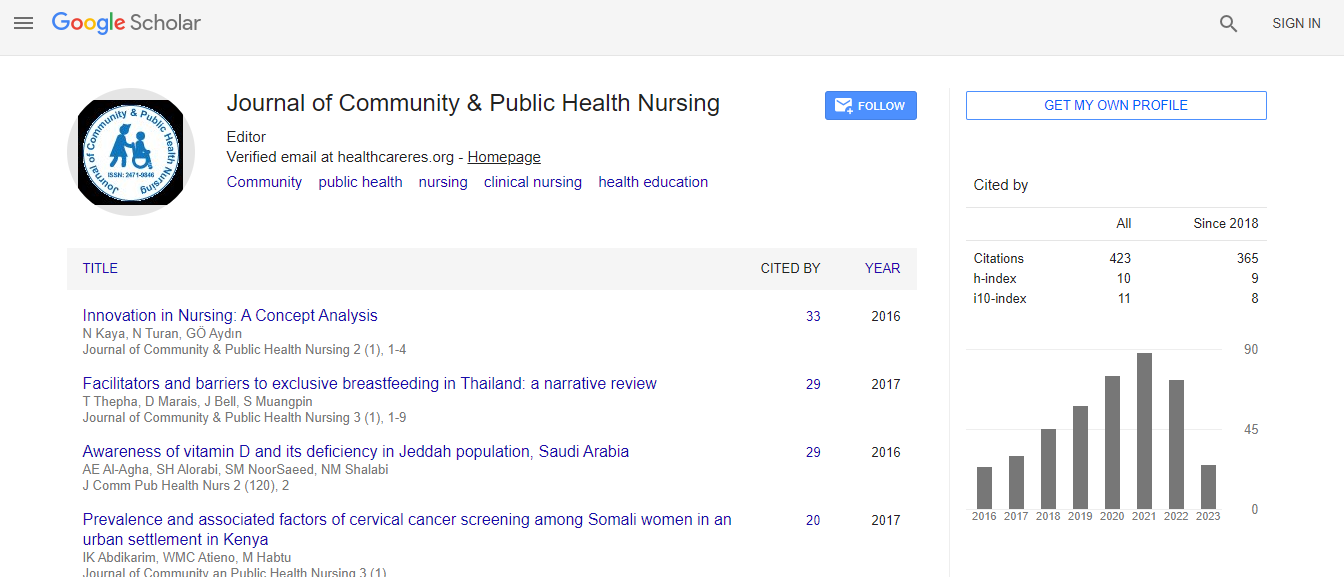Research Article
Teaching Students Concept Mapping to Enhance Critical Thinking in a Mental Health Nursing Course
Janet Garwood* and Amy HammoudCollege of Nursing, Purdue University Northwest, USA
- Corresponding Author:
- Janet Garwood
Assistant Professor
College of Nursing, Purdue University Northwest, USA
Tel: 2197855281
E-mail: jgarwo07@pnw.edu
Received date: June 16, 2017; Accepted date: July 10, 2017; Published date: July 17, 2017
Citation: Garwood J, Hammoud A (2017) Teaching Students Concept Mapping to Enhance Critical Thinking in a Mental Health Nursing Course. J Comm Pub Health Nurs 3:186. doi:10.4172/2471-9846.1000186
Copyright: © 2017 Garwood J, et al. This is an open-access article distributed under the terms of the Creative Commons Attribution License, which permits unrestricted use, distribution and reproduction in any medium, provided the original author and source are credited.
Abstract
Aim: The purpose of this study was to explore the level of critical thinking of millennial nursing students enrolled in a mental health nursing course by using a constructivist approach and utilizing concept mapping as a teaching and learning tool.
Background: Nursing education should keep in pace with the advances in technology and changes in healthcare. Faculty should consider the diverse learning needs of their students when planning courses and clinical experiences. As evidence-based practice guides health care, so should it guide nursing educators when selecting teaching and learning activities. Educators might be wise to consider strategies which are proven to adequately prepare students to be safe and effective entry-level nurses.
Method: Critical thinking of students will be measured using a pre and post-HESI specialty exam, which is designed to measure the critical thinking ability of students.
Results of learning outcomes: The students exceeded the national average in 23/30 (73%) in 30 categories of critical thinking and achieved acceptable or recommended levels in 5/5 areas of critical thinking in an HESI Critical Thinking exam.
Conclusion: The outcome of the HESI critical thinking exams demonstrated that students were successful developing critical thinking, synthesis of data to guide clinical decisions and demonstrate contextualized judgment and reasoning.

 Spanish
Spanish  Chinese
Chinese  Russian
Russian  German
German  French
French  Japanese
Japanese  Portuguese
Portuguese  Hindi
Hindi 
